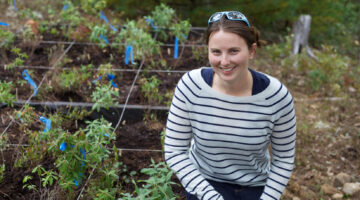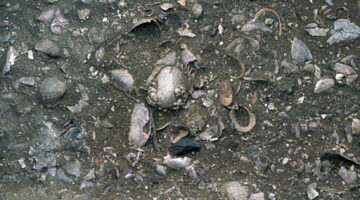Take a virtual tour of Highmoor Farm in Monmouth
The United States Department of Agriculture Northeast Climate Hub has published a virtual tour of the University of Maine’s Highmoor Farm in Monmouth, and videos based on the center’s work that focuses on research and development for Maine’s fruit and vegetable growers. The virtual tour is one of 19 created to date as part of […]
Read more


